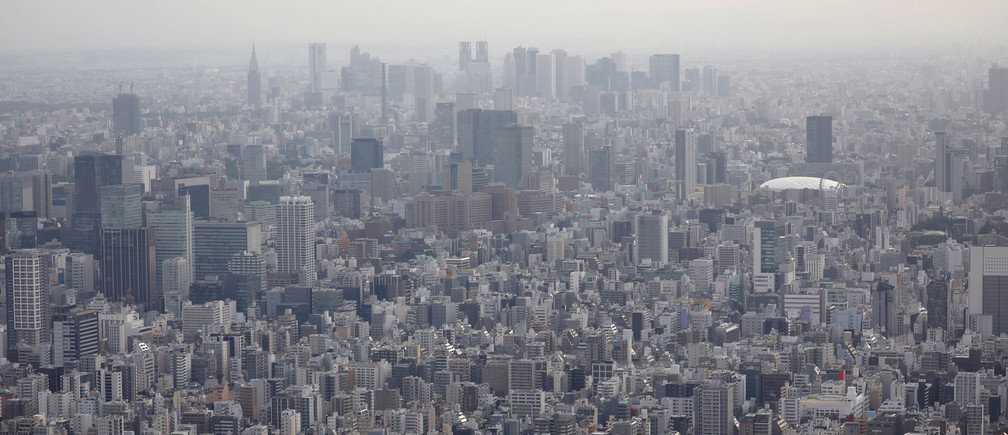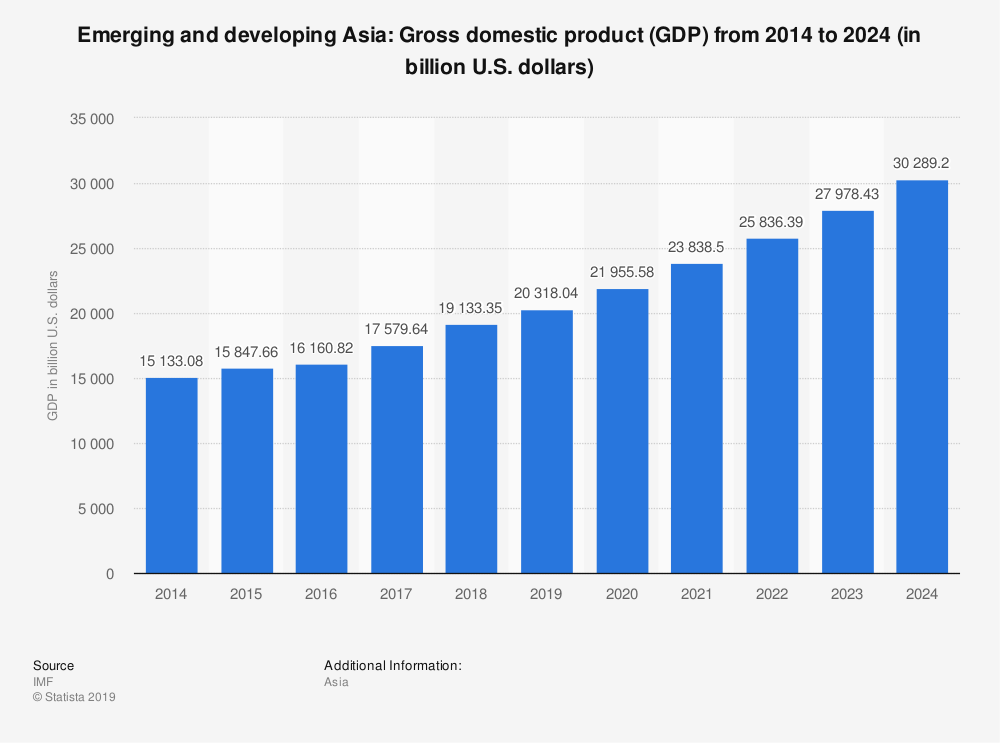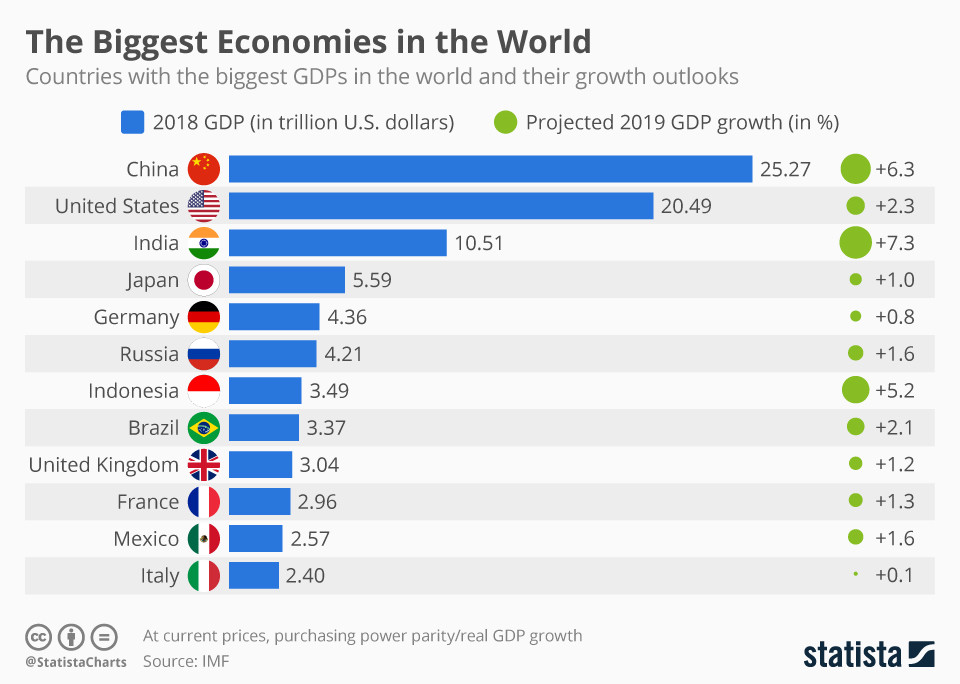In 2020 Asia’s GDP will overtake the GDP of the rest of the world combined. By 2030, the region is expected to contribute roughly 60% of global growth. Asia-Pacific will also be responsible for the overwhelming majority (90%) of the 2.4 billion new members of the middle class entering the global economy.
The bulk of that growth will come from the developing markets of China, India and throughout South-East Asia and it will give rise to a host of new decisions for businesses, governments and NGOs. The pressure will be on them to guide Asia’s development in a way that is equitable and designed to solve a host of social and economic problems.
Different Countries, Different Prospects
While these estimates paint a picture of massive growth in consumption, the reality is that consumption patterns will emerge differently across markets, with growth rates dependent on local demographics and other macro factors.

A New Consumer Profile
The consumer of the future is likely to be far more discerning in everything, from what she consumes (personalized/localized/healthy/sustainable) to where she shops (omnichannel, shopping at her convenience) to how she is influenced (less by companies and more by social communities).
Local and Regional Players Gain Ground
One trend that will play an increasingly important role is local and insurgent businesses outgrowing incumbents and beginning to disrupt the market – it’s visible across developed and developing markets alike. Nimble local players are winning as they take advantage of proprietary access and local familiarity. For example, Wardah has captured a 30% market share in Indonesia by focusing on halal-compliant cosmetics.

A Job Market in Transformation
The digital transformation and Fourth Industrial Revolution across markets will displace existing jobs and the distribution of jobs across sectors will shift considerably in the process.
Employment is expected to rise in healthcare, spurred by the ageing population, for example. However, labour-intensive sectors such as manufacturing, transport and storage are likely to see a reduction in employment levels as a result of automation.
The New Focus on Sustainability
Investors will also have to play their part: many large investors in Asia-Pacific have started shifting away from primary industries such as oil and gas, mining and agricultural commodities to business models that address environmental and social needs, such as renewable energy and for-profit hospital networks that offer underserved populations better access to healthcare.

A Tricky Balance for Government
Government will need to innovate and reform education to ensure there is a competitive and appropriately skilled workforce. While they make these moves, they will be required to balance technological advancement and job creation and talent reskilling, economic development and sustainability, and scale advantages and concentration of power. South-East Asia’s ability to live up to its growth potential will largely depend on it.
Source : This is part of the article originally published on World Economic Forum


















